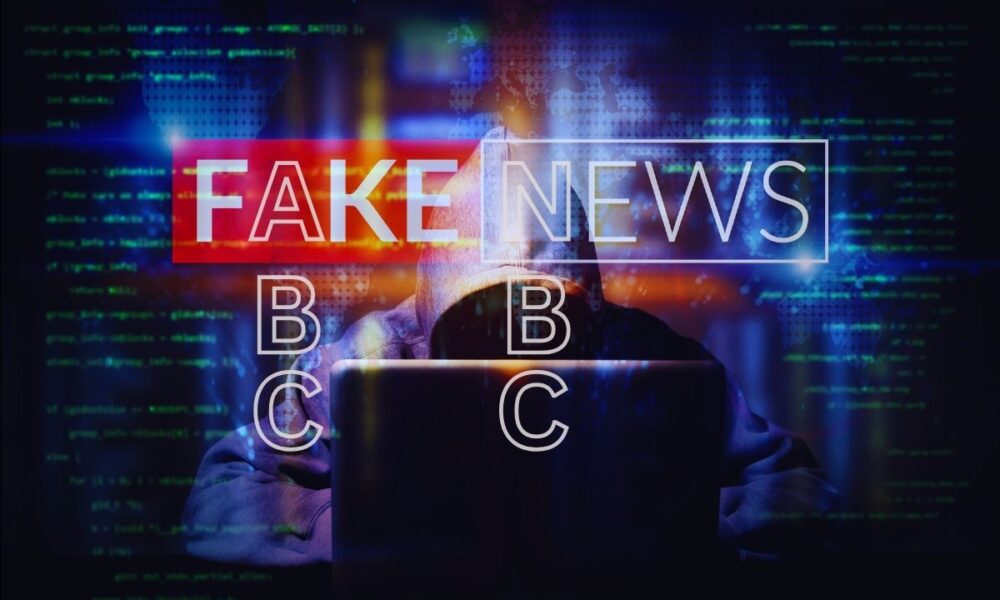President Trump has fired off a pair of late-night posts on his Truth Social profile over the weekend, specifically targeting ABC and NBC.
Trump lambasted the networks, referring to them as “fake news,” while accusing them of relentless bias, and even calling for some regulatory action from the FCC.
The President’s recent posts have re-ignited the debate over honesty in the media, the FCC’s authority, and the boundaries of our First Amendment’s protections for the press.
In his first post, Trump wrote, “Despite a very high popularity and, according to many, among the greatest 8 months in Presidential History, ABC & NBC FAKE NEWS, two of the worst and most biased networks in history, give me 97% BAD STORIES. IF THAT IS THE CASE, THEY ARE SIMPLY AN ARM OF THE DEMOCRAT PARTY AND SHOULD, ACCORDING TO MANY, HAVE THEIR LICENSES REVOKED BY THE FCC. I would be totally in favor of that because they are so biased and untruthful, an actual threat to our Democracy!!! MAGA”
His next post didn’t let up on the networks and their overwhelmingly biased reporting.
“Why is it that ABC and NBC FAKE NEWS, two of the absolute worst and most biased networks anywhere in the World, aren’t paying Millions of Dollars a year in LICENSE FEES. They should lose their Licenses for their unfair coverage of Republicans and/or Conservatives, but at a minimum, they should pay up BIG for having the privilege of using the most valuable airwaves anywhere at anytime!!! Crooked “journalism” should not be rewarded, it should be terminated!!!” the President added.
Trump’s core argument is that media outlets using publicly regulated airwaves have a responsibility to be fair and balanced, not openly hostile to a sitting President.
While Trump has floated the idea of pulling network licenses, the legal and regulatory reality is a more complicated process.
FCC authority applies to local news affiliates, not the national networks themselves, which do not directly hold broadcast licenses. The First Amendment also shields outlets from losing licenses over unfavorable coverage, with American judges rejecting content-based infractions in the past.
At a press conference held in April, FCC Chair Brendan Carr said he aims to “empower local broadcasters” while also claiming that the commission will strictly uphold the “public-interest standard” for news coverage around the country.
Even beyond constitutional hurdles, it is Congress, not the FCC, that controls licensing fees; regulators have historically made clear that penalties should target serious public interest violations, not editorial bias.
Yet, federal regulations haven’t slowed down Trump in the past; sometimes, they motivate him to fight harder against red-tape reinforced bias.


